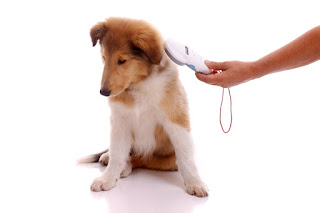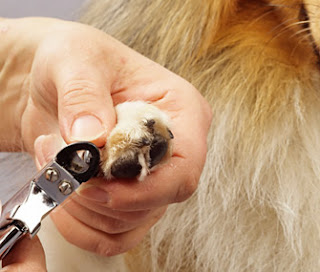Your pet might be wearing a permanent coat of fur, but that doesn’t mean they can’t get cold. In fact, pets can easily get cold in the winter, and can even experience frostbite and hypothermia if exposed to the elements for too long! Here’s how to keep your pet warm this winter:
● Keep outdoor time short. When your pet goes outside to play or use the bathroom, make sure they’re not left out for too long. Unless you have a pet like a Husky who is well-acclimated to the winter weather, your pet will be most comfortable indoors.
● Dress your pet up. Try jackets, parkas, or a sweater for those chilly wintertime walks.
● Check the bed. Make sure your pet isn’t going to sleep at night near a drafty window or door.
Want more tips on keeping your pet safe and warm this winter? We can help. Contact your vet Spring Hill, TN today.






